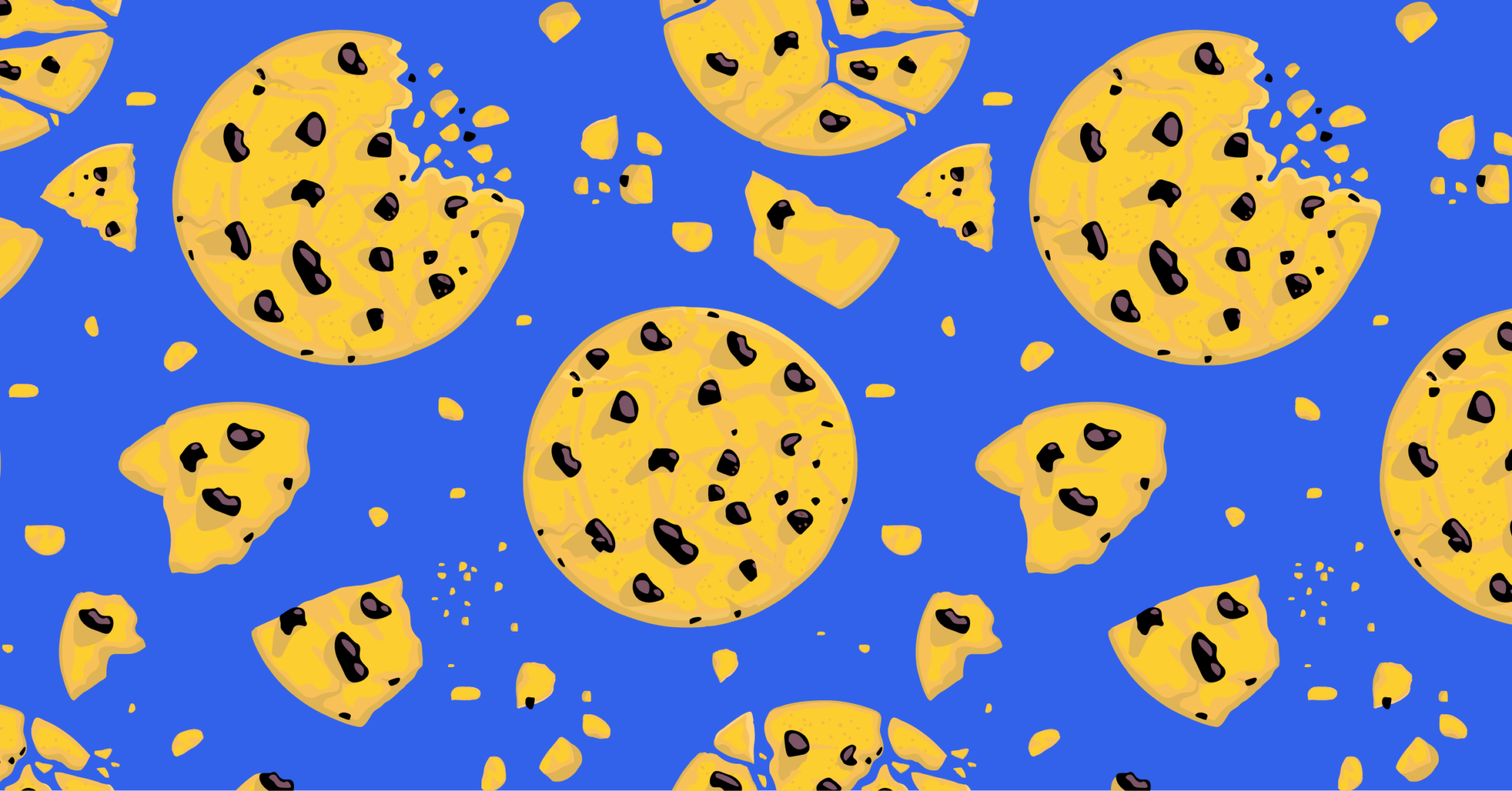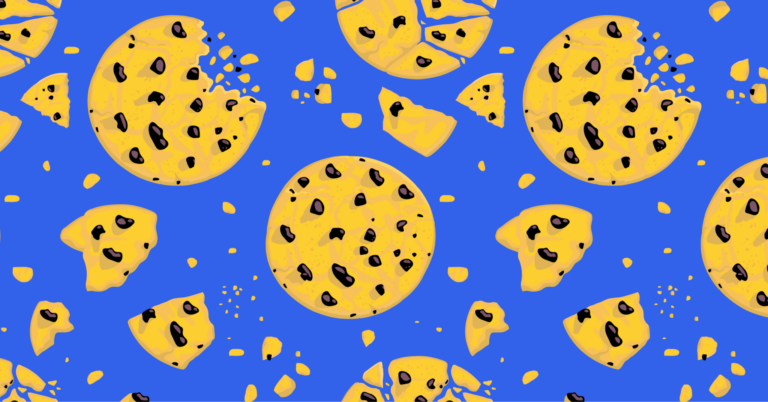Following a catastrophic bike accident, Michael J Coles was told that he’d never walk again. After some time to take stock of what happened, Michael saw the tragedy as a life-changing opportunity and a physical test of his determination, creating a whole new chapter from a comma in his sentence.
The bike he used for physical therapy was meant to be used for getting flexibility back in his legs, but in his own words he, “got carried away.”
We caught up with Michael what drives his go-getting mindset and have a chat about all things past and present.
You’re a world-record holder, successful business owner and award-winning fisher. Is there anything you can’t do? Can you talk us through your world records?
Haha, I hold the world-record for riding from Savannah to San Diego and the four-man record – or four-man team record – from LA to New York on a bicycle. So many years later, it feels a bit like an out of body experience that I used to train almost 500 miles a week…
That sounds so intense!
It was – the best description I can give you is I bought a brand-new car, a Porsche, in 1981 and ten years after I bought it, which would have been ’92, it only had 12,000 the miles on it.
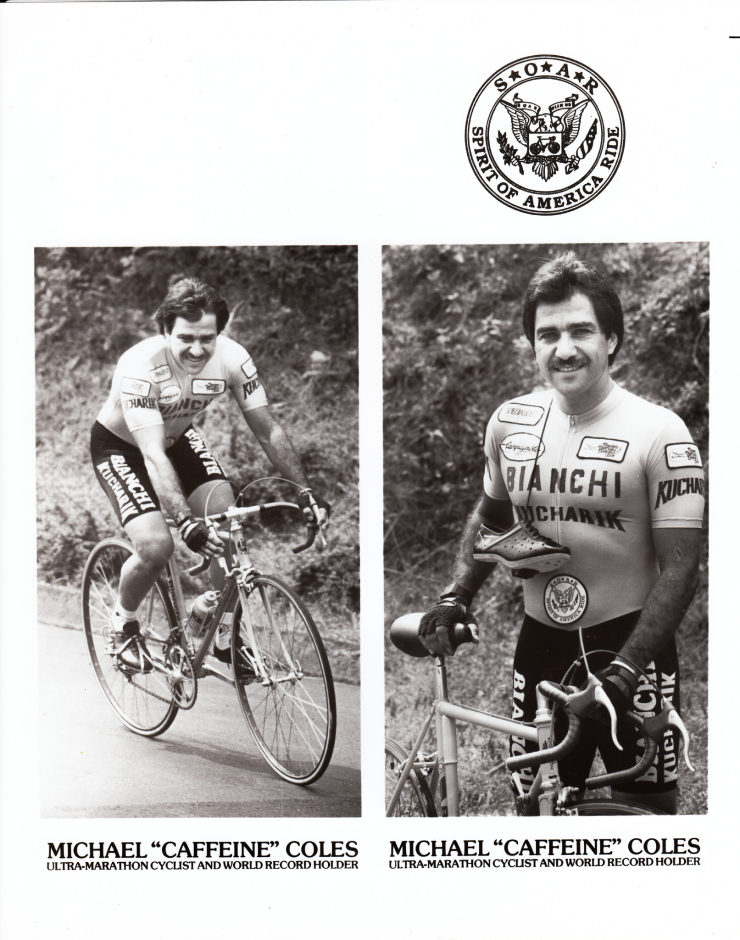
Your body must have been under such stress.
In long distance cycling, the clock starts when you’re on a race like this and the clock doesn’t stop when you sleep. So, you’re trying to not sleep. For instance, in my record ride across the country in ‘84, I only slept 22 hours in 11 days. And I’m feeling the effects of it now.
Everything that touched the bike is now showing the level of stress I put on them from the racing but also the training – my hands and shoulders ache, I’ve got a bad neck, seat, bad hips, all that stuff. People who do take part in ultra-endurance training all have the same issues. In fact, part of what you train for is to be able to put up with the pain.
So, has this mindset bled into other parts of your life?
A lot of the things that I did have allowed me to have a very different perspective on my approach to business. So, when it comes to ultra-cycling, that mental endurance has lived on: How I view things and how I dissect problems.
Bob Seger, a very famous singer in the United States and probably all over the world, has a great line in one of his songs that says, ‘I wish, I didn’t know now what I didn’t know then.’ And there’s a lot to be learned from that because when you first get involved in endurance cycling, and you’re going from one end of the country to the other for the first time, you’re so dumb, you have no clue. You just get out there and you’re doing it.
But when you do it, the second, third or fourth time and when the gun goes off and the adrenaline kicks, the adrenaline only lasts about five seconds. The first time it lasts for maybe two hours. But now you’re wondering exactly how far it is across the country. How many pedals strokes this race is going to take. What made you want to do it in the first place.
I had a very bad motorcycle accident shortly after we started a cooking company, and I was basically told by doctors I’d never walk again unaided. And so, I used the bike after I was able to get some flexibility back in my legs. I couldn’t run anymore so I started using the bike and I got carried away.
I actually write in detail about that in my book Time to Get Tough. All of the money goes to a foundation at Kennesaw State University to help veterans – I don’t get any royalties and all my speaking fees go to the foundation..
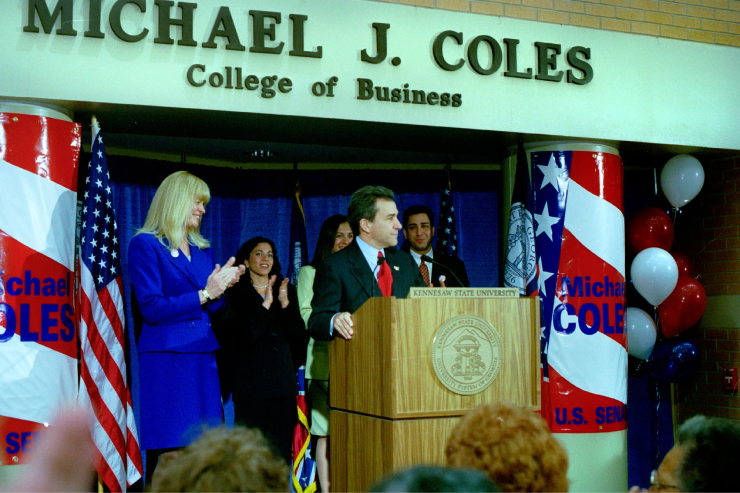
And on this point, your book is a story of overcoming tragedy with a mindset that allowed you to then go on and establish a hundred million dollar company, which is incredible in and of itself.
If there’s one lesson you’d want you to read is to walk away with having read your book, what would that one takeaway be?
I would say that the difference between success and failure is never in what you plan for, it’s how you deal with the unexpected. I’m very fortunate. I get to talk in a lot of business classes around the country at different universities and I basically tell them this. Something is going to happen that you did not plan for and how you deal with it, fix it, learn from it and move on is the difference between being successful in what you’re doing or not being successful.
Then I would say the second thing is, I started working when I was very young and the hardest lesson I had to learn personally was that I didn’t have to be the smartest guy in the room. That if I surrounded myself with really smart people, I could do brilliant things. Good leaders know what they don’t know.
When we started the cookie company, the bank and the developer of the mall were so positive that we would fail, that we had to sign personal guarantees for the lease: One for the bank, one for the lease on the space.
It was $25,000 a year for 10 years and I’d signed a personal guarantee for a quarter of a million dollars. The bank sent a forensic accountant to both of our homes and inventoried all of our assets, plates, silverware, cars, everything, because when we failed. They didn’t want to have to go through the courts to get their money. They just really wanted to pull up in a U- Haul truck and just take our stuff.
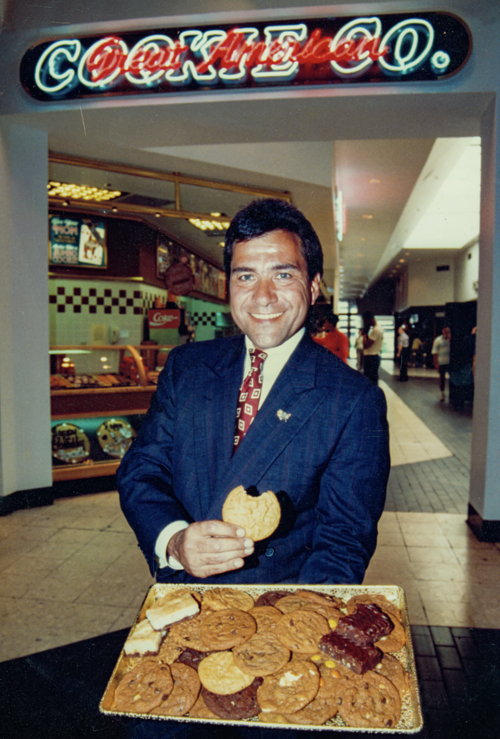
No pressure!
Well, by the time we opened, we’d put a year’s worth of planning into the business. And on the very first day we opened the store, we tried to get the first 300 cookies out of the oven, which was set to 350 degrees. Guess what? We’d forgotten to bring oven gloves, so we had no way to get the cookies out of the oven.
So, instead of serving delicious cookies, the oven wound up catching on fire. We were on a combined air conditioning system with a neighboring store, and as smoke poured out of our oven, it went into their store. People ran out screaming thinking the mall was on fire. We were so lucky that the lease owner, who already didn’t have much faith in our business, didn’t break the lease right then and there.
And here’s the point: We had planned for a year on how to be in the cookie business. We had a different style, a different way of doing it and we could have been put out of business and would probably have gone broke, all because we forgot a $3 set of oven mitts.
And if that’s not the difference between success and failure and how you deal with the unexpected, I don’t know what is!
That’s such a narrow margin between success and failure! And we hear about agility everyday in business, especially now. But what that looks like in reality differs across businesses.
So Amazon, for example, where everything is very data-centric. They have access to heavy amounts of digital feedback to fine tune their product and services. They’re able to pump a lot of money into ensuring their ambitions succeed, whereas smaller businesses don’t really have that level of access to data or funds.
So what advice would you give to smaller businesses who are also looking for an innovative edge but don’t have the same advantages as big business?
I’m not taking anything away from Jeff Bezos but if you really think about it, his ideas all came from old school retail. Because in the old days of retailing, the way you kept your customers was by getting involved in their lives: knowing their family, knowing their kids, knowing when their birthdays were etc. That’s why specialty retailers were the last to go in the United States department stores.
Department stores used to run two sales a year. That was it. Two sales a year. Now department stores run sales almost every week. So what Amazon did to me, which is why Amazon is Amazon, is they understood that the way to get a customer and keep a customer was by constantly understanding their customer’s desire, not necessarily what they were buying, but what else might they desire?
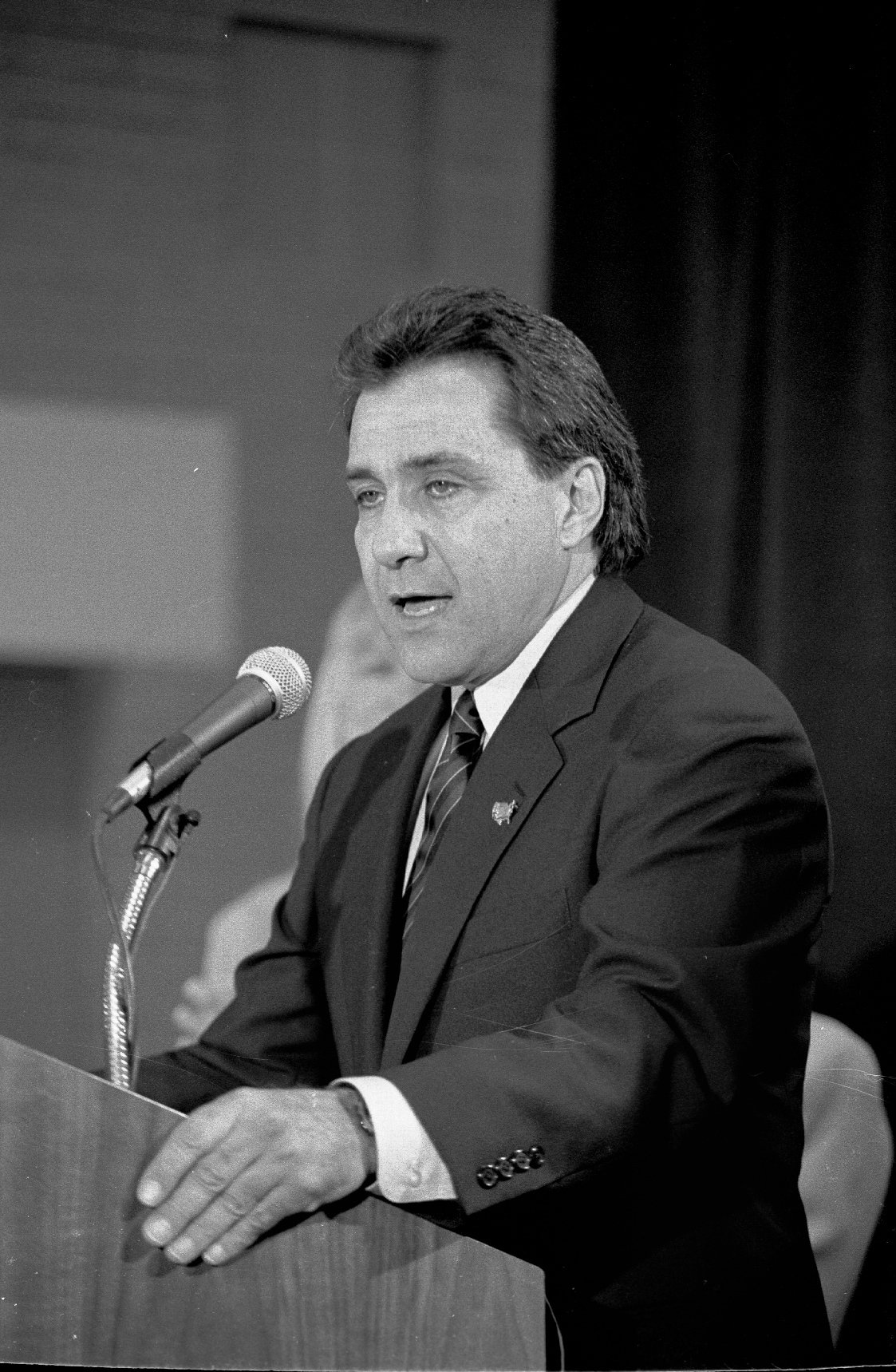
There is no excuse today with anybody that’s in business: whether you’re in the retail business or a barber, lawyer or a doctor. Everybody is a retailer today. The power of the purchase today is in the hands of the consumer, sellers have no competitive edge, because if somebody wants to ruin your business today, the power is in the palm of their hand.So when it comes to doctors and patients, it’s not enough to give them good care, you have to give them great care and make them want to come back.
And the other thing is that with technology today, you don’t have to be Amazon.
You can use social media to figure out who in your marketplace is the type of customer you’re trying to go after and very much target. So in a world today of technology, I say it’s easier than it used to be. I say that the resources are out there, but if you’re going to go into business and think that you can somehow avoid social media and all the other things that are now affecting how we do business, don’t go into business.
And every business is only ever as good as its leaders. Another point about the pandemic is how leadership has come under intense scrutiny and how delicate the balance is when it comes to their actions in preserving the health of their companies and the wellbeing of their employees.
What advice would you give to businesses today?
I think it would be to tell leadership to take care of your business as if it were your family: it’s simple advice but effective. Because at the end of the day, when times get tough, your staff are what keeps you and your business afloat.
But keeping people today has gotten harder and harder as the age group of employees gets younger and younger, and the aspirations of young people is very different than it was, let’s say a decade before. The pandemic has taught companies that the folks that work for them can work at home. They might not need to come to the office five days a week. The pandemic pushed what was inevitable, although it might’ve taken a few years to get there.
And I just hope with all hope that we take the important, good lessons that we found out during the pandemic.
We learned things in a very concentrated amount of time, adjusting our behavior. But things were already bubbling under the surface. A lot of people were looking for that flexibility, working from home and also working in the office and this has pushed that need forwards.
Technology and automation have gone from widely contemplated, in worst case scenarios sometimes even feared, to being a pivotal point of communication.
And to add to that, as an example, when this first happened and I started doing meetings like this, even if I was doing a talk to a group of people, I was very conscious of there being no disturbance and the truth is three or four months into it, my wife walked by on the camera, or my dog happened to come into the room and I would pick the dog up. We’ve become more human in so many ways and more understanding.
And it’s also quite nice to see environmental pollution go down a bit as well from the lack of commute, which is also a nice bonus.
My financial planner, his assistant Patty, she’s on vacation right now. And I had something that needed to be on and she sent me a Zoom link, she showed me the California beach that she was at. It’s just better.
Haha, with hologram technology looking like the next step in virtual meetings, maybe next time she can bring the beach to you in real-time!
Nice to know. I hope I look taller as a hologram.
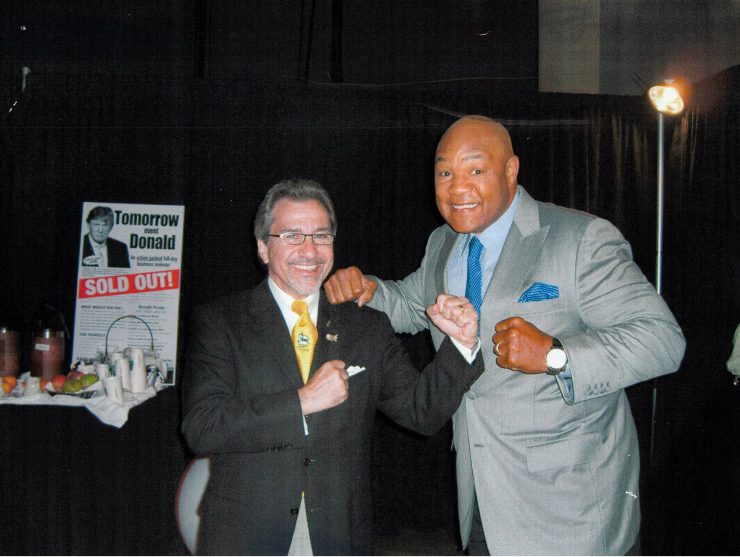
On a different note, I read a statistic today that said that 86% of people give local businesses greater consideration than ever before. Do you see local commerce being the future or do you think it’ll still very much be a globalized economy?
Local businesses probably have the best ability to capture the market than ever before. I read an article recently about a guy in the camera business, everybody knows the camera business is dead. Everybody’s digital and you buy anything you want online. He was in the camera business for 30 years.
So what did he do? He said come in, buy a camera from me and I’ll teach you how to use the camera for free. The result? He had people lining up to come in and buy cameras from him. Because there’s a word in Louisiana, ”lagniappe”, which means you give a little something for free and in doing so, you can capture the hearts of your customers. At Caribou [Coffee], we used to put a chocolate-covered espresso bean on the top of the specialty coffee for free. It wasn’t much of anything, but it was extra.
And so I think the successful retailers that are local can do really well, but if they think they’re just going to have their door open and people are just going to wander through and buy something, that’s a whole different thing.
And local businesses have a story behind them as well. They have a heritage behind them and you’re going to run into people that you see in the branding on the street, which is pretty special. You can get to know a brand in a uniquely authentic way.
Huge thanks to Michael for sitting down with us and giving us the benefit of his time and invaluable insights. Check out his book Time to Get Tough on Amazon or in your local bookstore. Or for more things Brikl, head back to our blog.
